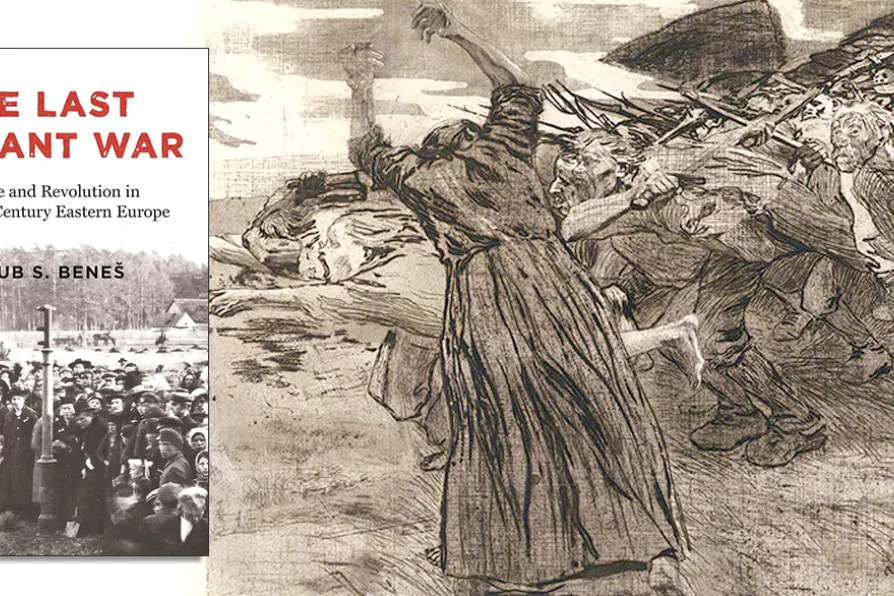GORDON PARSONS applauds a marvellous story of human ingenuity and youthful determination, well served by a large and talented company

 Kathe Kollwitz, Charge, sheet 5 of the cycle Peasants War, 1902-1903
[Public Domain]
Kathe Kollwitz, Charge, sheet 5 of the cycle Peasants War, 1902-1903
[Public Domain]
The Last Peasant War — Violence and revolution in Twentieth-Century Eastern Europe
by Jakub S Benes
Princeton University Press, £35
WHEN I first read the title of this book, I did a double take. I knew of peasant wars in the Middle Ages and of leaders like Wat Tyler and Thomas Muntzer, but peasant wars in the 20th century? Surely the publisher had the date wrong?
Benes soon disabused me of my ignorance. In his introduction he points out that both conservative and Marxist historians have largely ignored the more recent revolutionary roles played by the peasantry.

BEN CHACKO welcomes a masterful analysis that puts class struggle back at the heart of our understanding of China’s revolution

BRENT CUTLER is intrigued by the imperialist, supremacist and contradictory history of a word that is used all too easily

NICK MATTHEWS recalls how the ideals of socialism and the holding of goods in common have an older provenance than you might think










